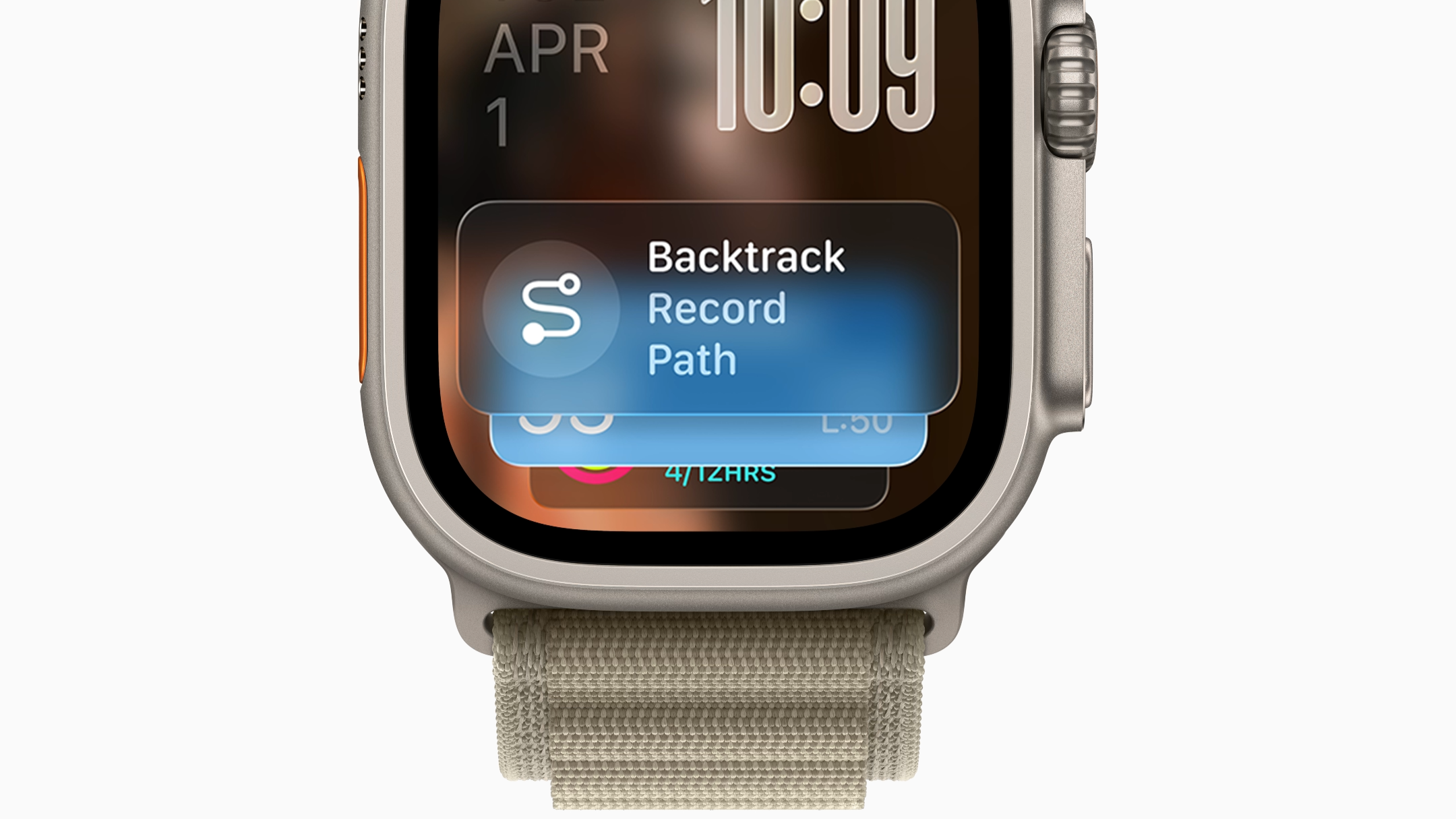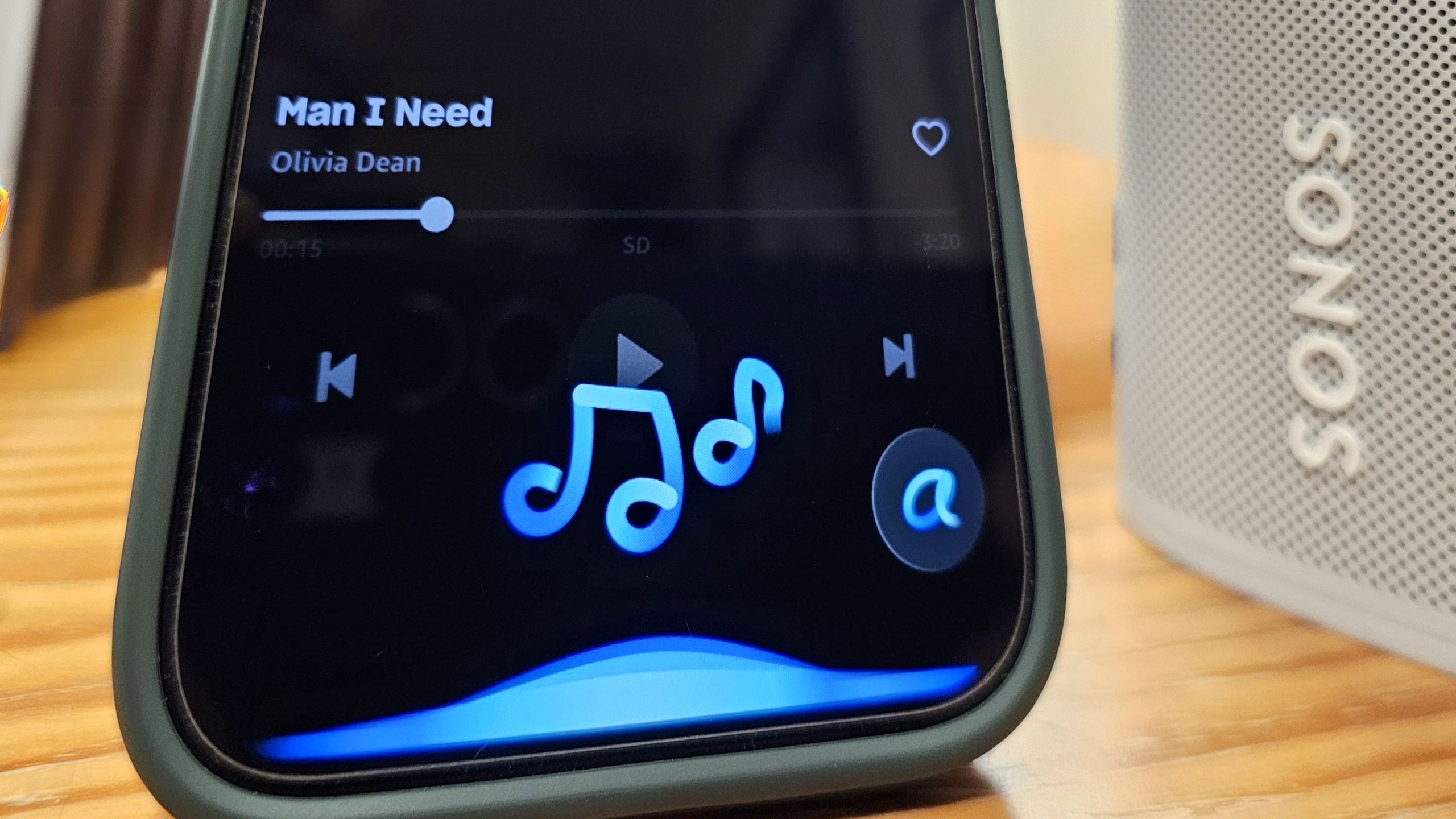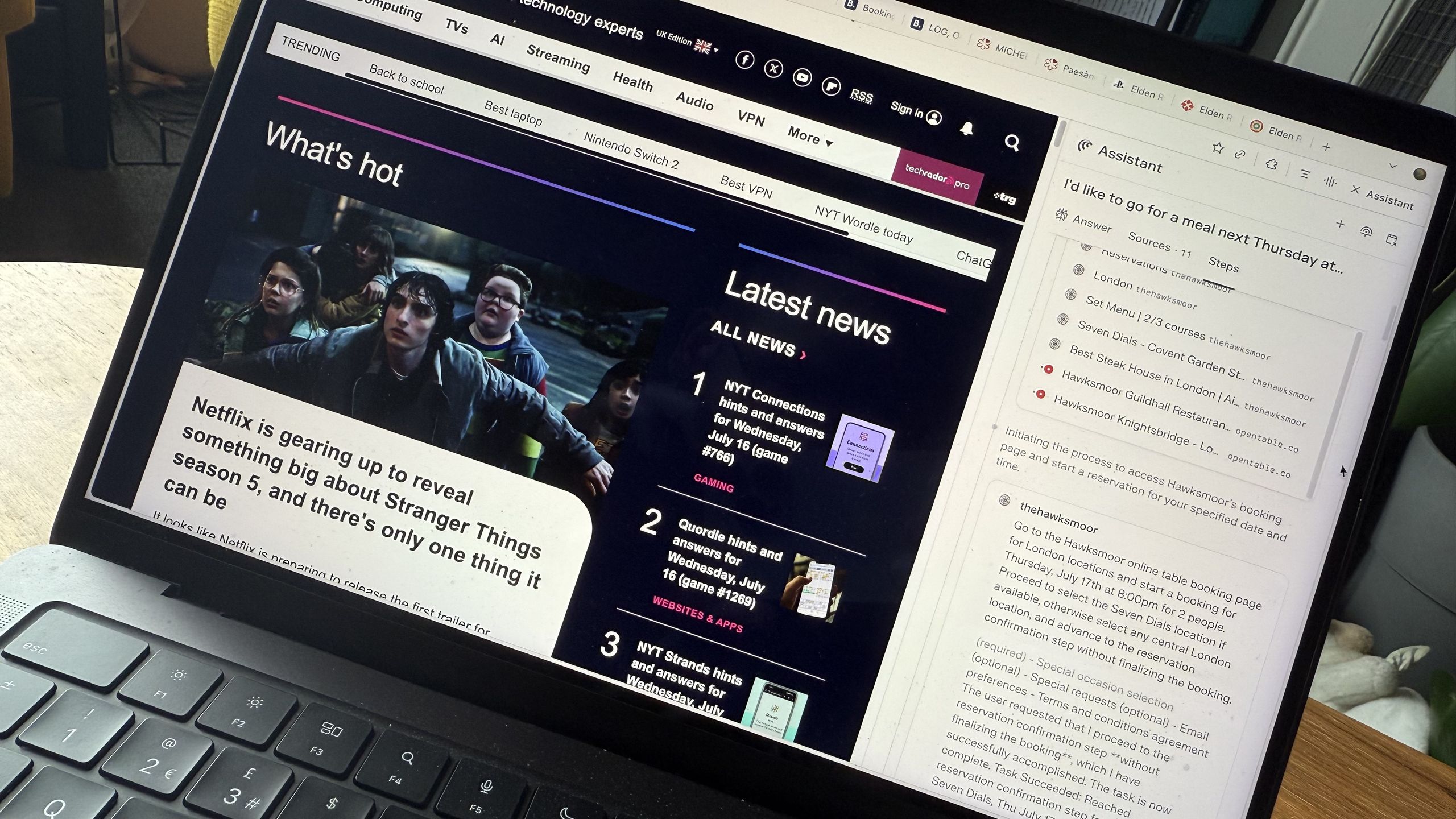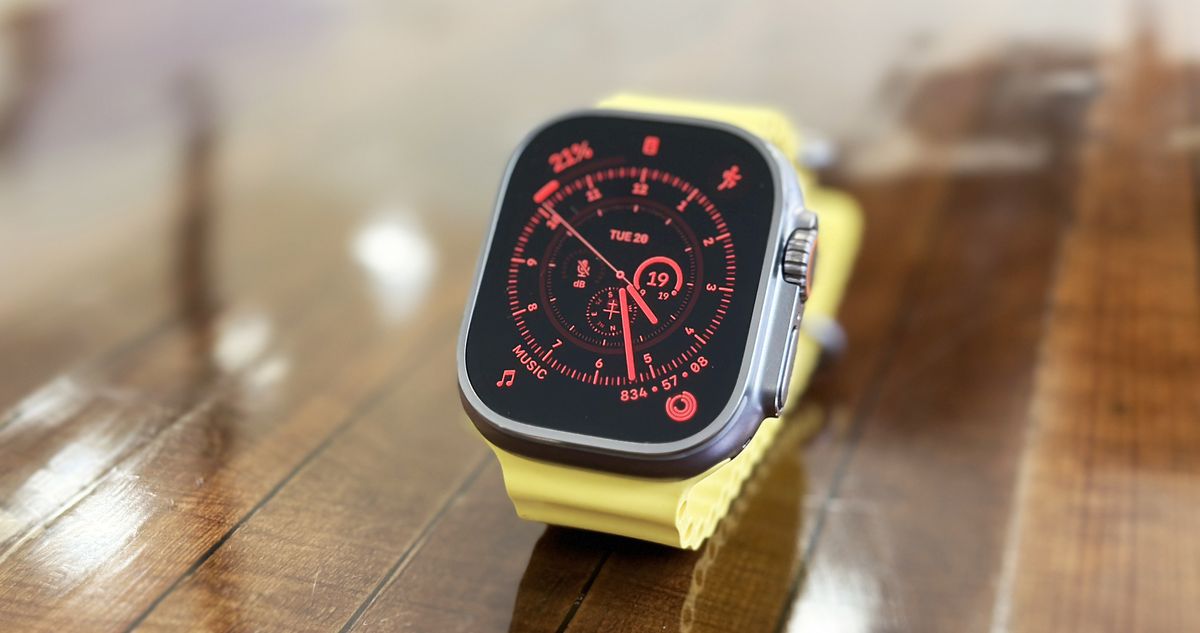- Sonos’ software has historically been one of its biggest differentiators
- …but Amazon is leading a wave of improved AI in music apps
- Sonos knows change is coming, but may not be able to adapt
Sonos has rightfully been credited with making great speakers, but if you take a historical survey of Sonos reviews, it’s the company’s app that has traditionally been singled out for much of the praise (note the words ‘traditionally’ and ‘historical’). Said companion app is the “face” of Sonos: a one-stop shop that combines the management of your Sonos products with access to all of your music, whether you stream from a service or your personal collection.
Sadly, and much to the chagrin of Sonos owners, in 2024, the company effectively blew up its own face – a wound caused by the release of a poorly conceived and even more poorly executed app redesign.
Today, at the tail end of 2025, most of the bugs have been squashed, users’ favorite features have returned. And while some still wrestle with stability (myself included), the Sonos app is largely usable once again – just in time for it to be threatened with obsolescence by AI.
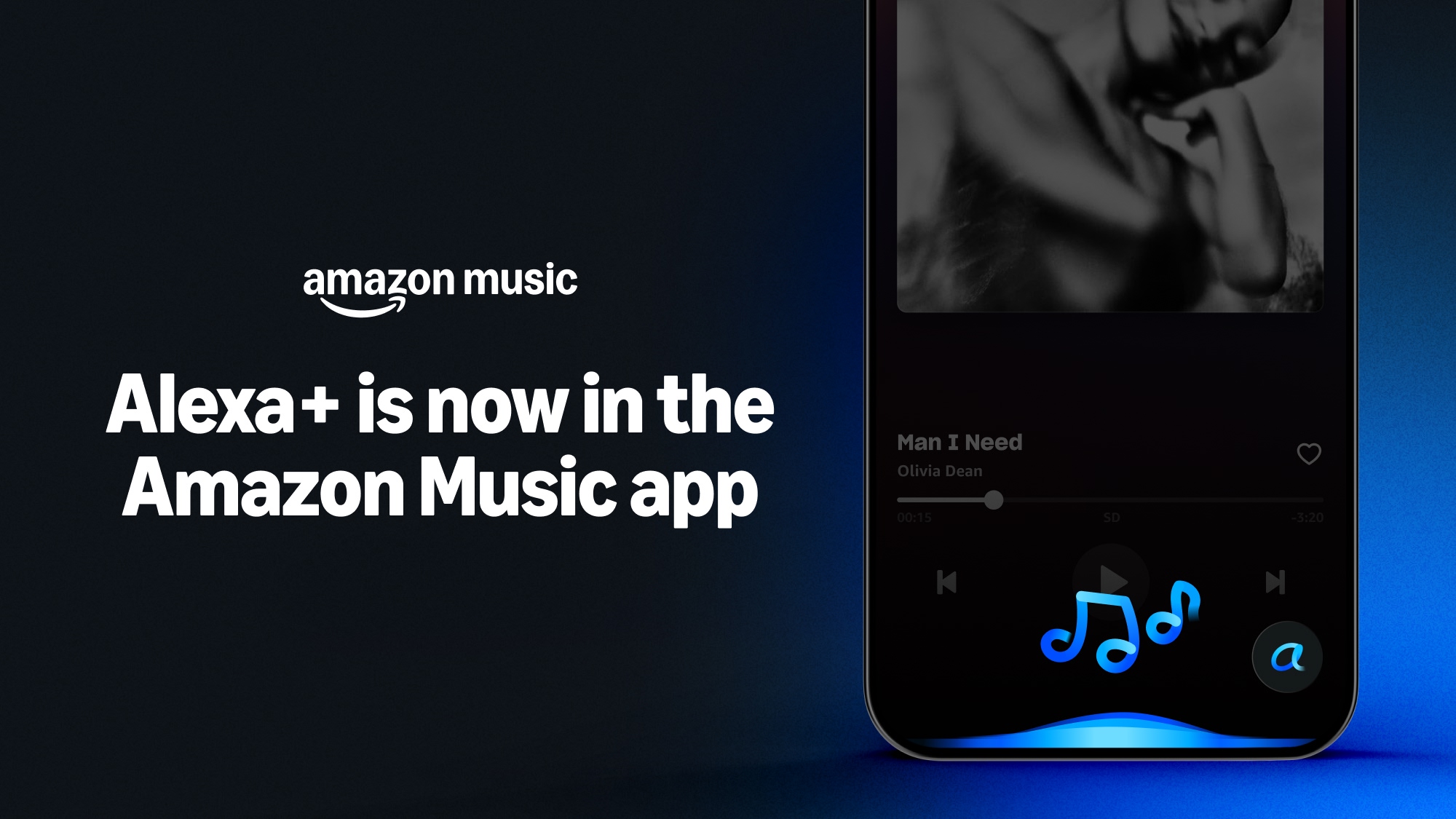
No, I’m not suggesting ChatGPT is going to replace the Sonos app (though that doesn’t seem so far-fetched, does it?). Instead, Sonos should be casting a wary eye at Amazon, Google, Apple, and even Spotify. These companies are rapidly accelerating what their existing AI assistants can do and integrating them into their respective music services.
The major streaming music platforms have been looking for ways to augment their apps with AI for years. In 2023, Tidal introduced (and then discarded) AI playlists. That same year, Spotify debuted its AI DJ feature and then its own version of AI playlists in 2024. Spotify even partnered with OpenAI to let folks create AI playlists directly within ChatGPT.
This week, Amazon announced that its next-gen AI assistant, Alexa+, is available within its Amazon Music app for all U.S. users on iOS and Android.
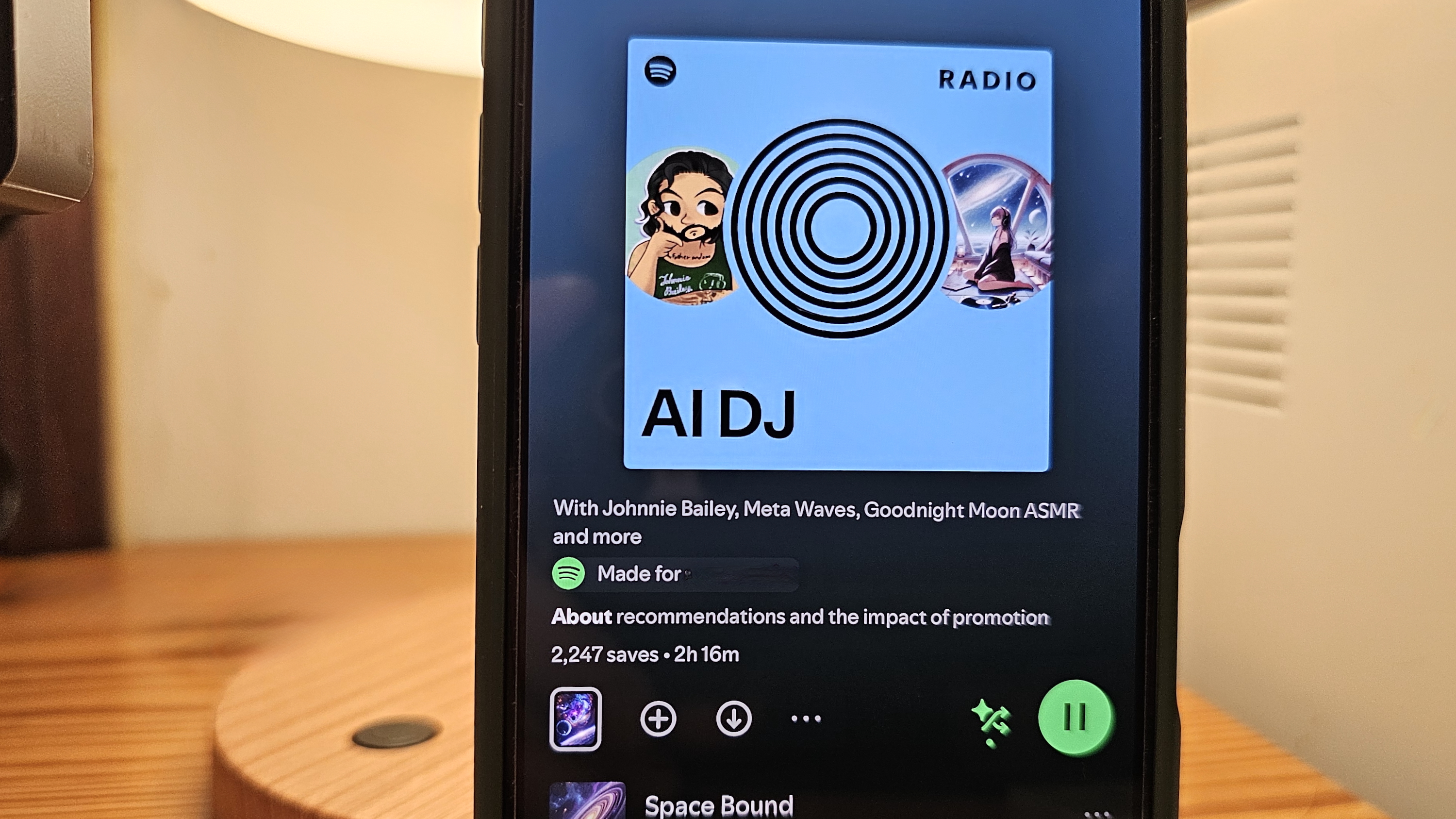
This poses a double threat for Sonos. The coming of Music Intelligence (as Amazon dubs it) will make Sonos’ superb universal search seem like a relic from a bygone era, and it may prove better at managing your Sonos speakers than either the Sonos app or the company’s homegrown Sonos Voice Control assistant.
The timing couldn’t be worse: Sonos’ app redesign fiasco sent users scurrying for alternatives. Some simply ditched their Sonos gear in disgust, but those who stayed realized they could accomplish a lot right from their streaming service’s native apps. Spotify and Tidal have robust “Connect” ecosystems of speakers that their apps can control directly, a strategy that Qobuz has recently copied. iPhone users learned that AirPlay was almost as effective as the Sonos app for grouping and controlling newer Sonos speakers. Now that the streaming apps are getting smarter, some of these folks may never go back to the Sonos app.
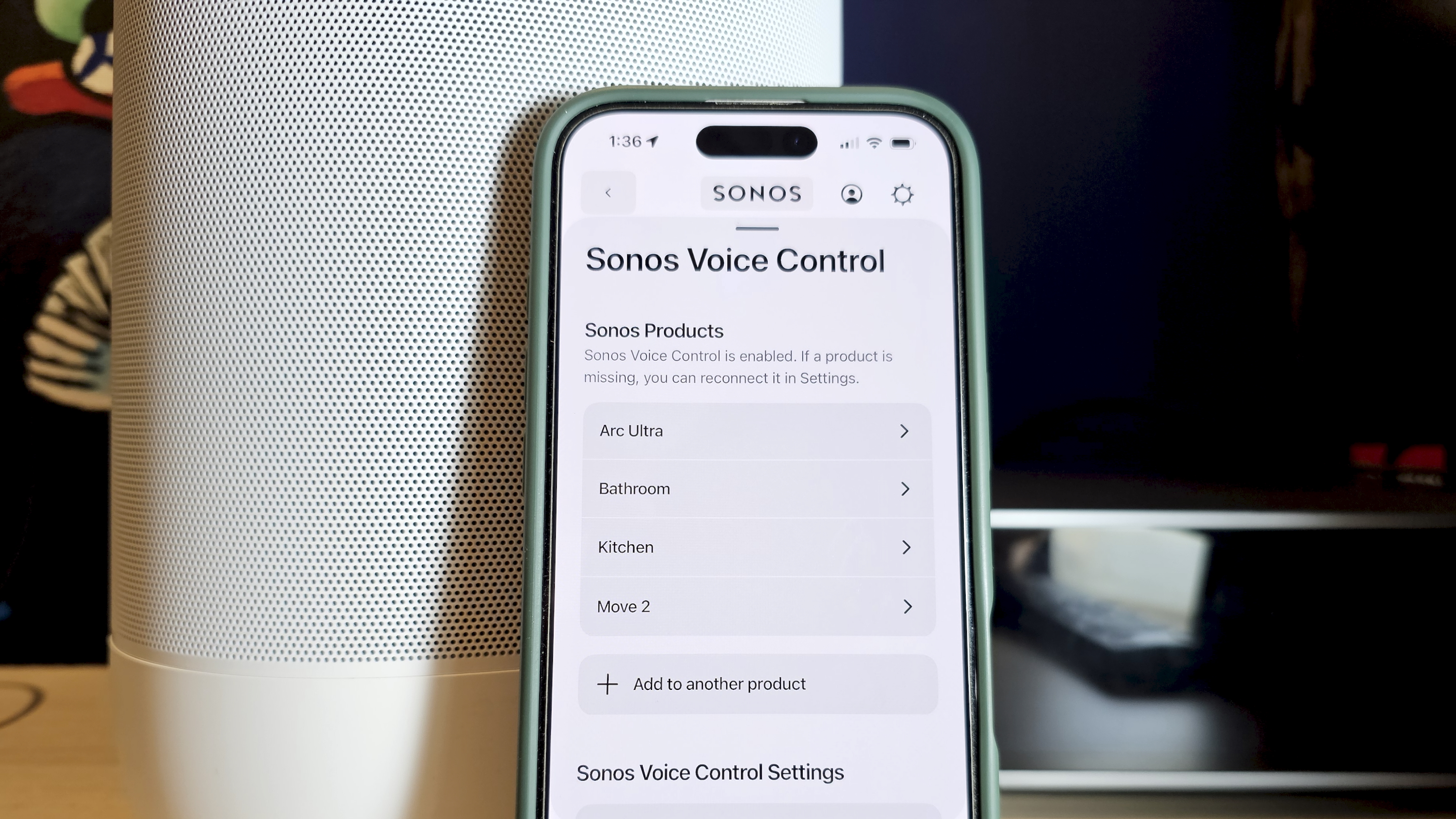
How intelligent is Alexa+? Very
How smart are we talking? Alexa+ lets you explore Amazon Music’s massive library of songs, albums, and playlists conversationally. Instead of the usual request/response model, where you specify the item you want and hope that your request was understood, you can perform multilayered and even vague inquiries, such as “Can you recommend new music that would make me seem cool to my 13-year-old daughter without trying too hard?” or “Play more songs like this but from different artists and with faster tempos” — the kinds of request that would typically elicit the dreaded, “I’m sorry, I don’t understand” response from the previous generation of voice assistants.
Alexa+ supports variations on these queries, too; everything from advanced playlist creation to questions about artists, lyrics, and even concert lineups.
This capability gets to the heart of what many of us want: to spend less time fussing about with apps and more time listening to music.
In 2022, it looked like Sonos was actually ahead of the AI curve. Its newly launched Sonos Voice Control (SVC), brought to life by modeling actor Giancarlo Esposito’s warm yet authoritative voice, could respond to most of the same music-related requests as Alexa or Google Assistant, plus several Sonos-specific commands like grouping speakers. Some of these commands even work without a cloud connection.
But rather than continuing to improve and expand on SVC, Sonos turned its attention to other projects, like the Sonos Ace headphones, a now-defunct effort at a streaming video device, and the infamous app redesign.
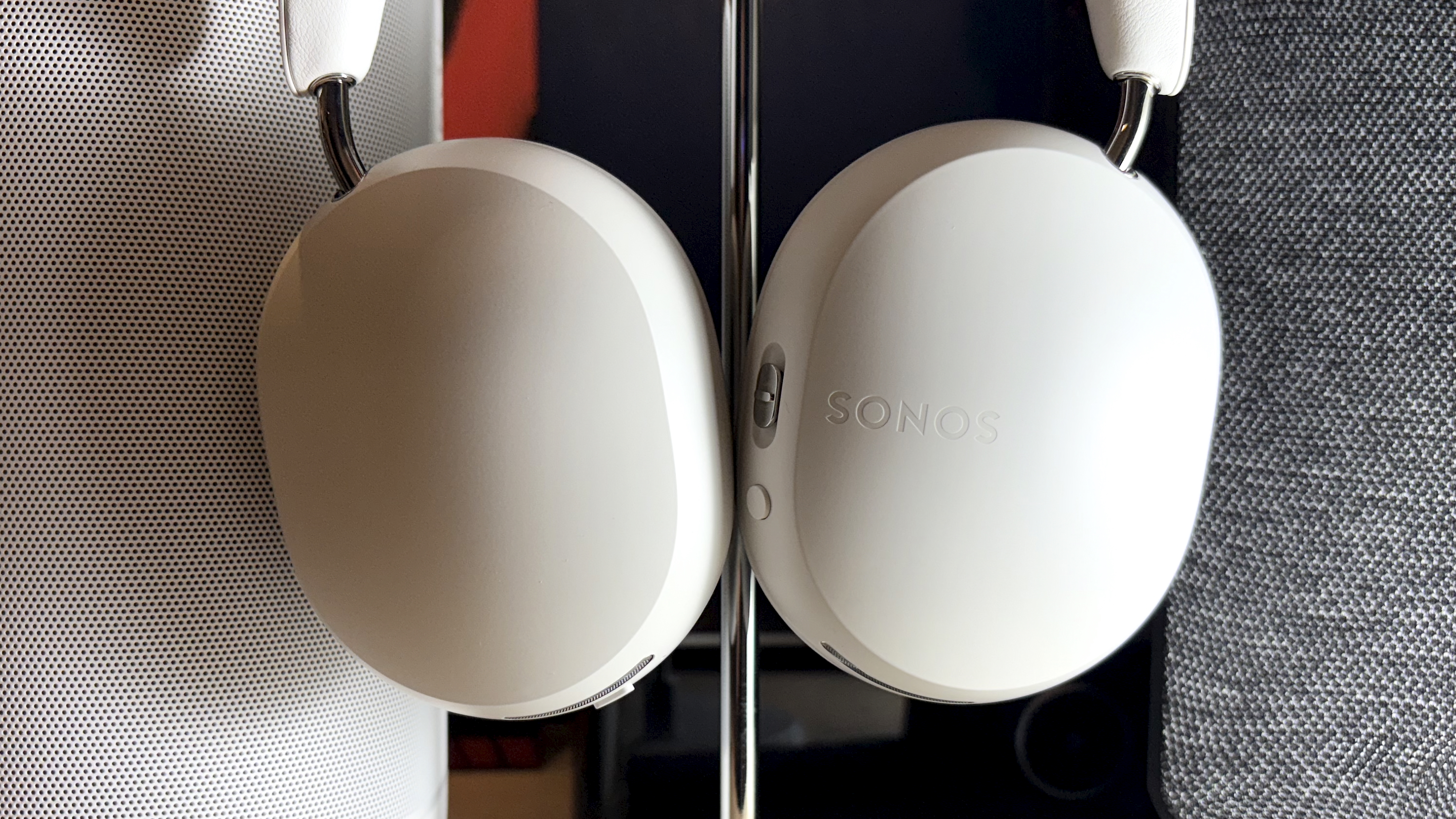
No one wakes up in the morning and says, I want to spend some time in the Sonos app today
Tom Conrad, Sonos CEO
Sonos’ new CEO, Tom Conrad, seems to appreciate the challenges his company faces. “No one wakes up in the morning and says, I want to spend some time in the Sonos app today,” he told me three months into the job.
He’s also not blind to the rapid adoption of AI. “Casting into the future,” he told analysts during the company’s Q4 earnings call, “we see a world where live natural conversations with AI personalities are as commonplace as smartphones are today, and we believe Sonos’ expertise in Internet-connected voice-enabled personal hardware products for the home can position us as the center of these interactions.”
Does that mean Sonos will invest in SVC to turn it into an Alexa+ rival, or will the company lean into its almost decade-long strategy of supporting third-party assistants, letting its users decide which one to use?
What’s certain is that the next period will determine if Sonos remains the lead architect of its users’ experiences, or whether its audio products will simply become the appendages of AI-driven music services, like Amazon Music, differentiated only by their physical attributes, and not by the software that once defined the wireless multiroom audio category.
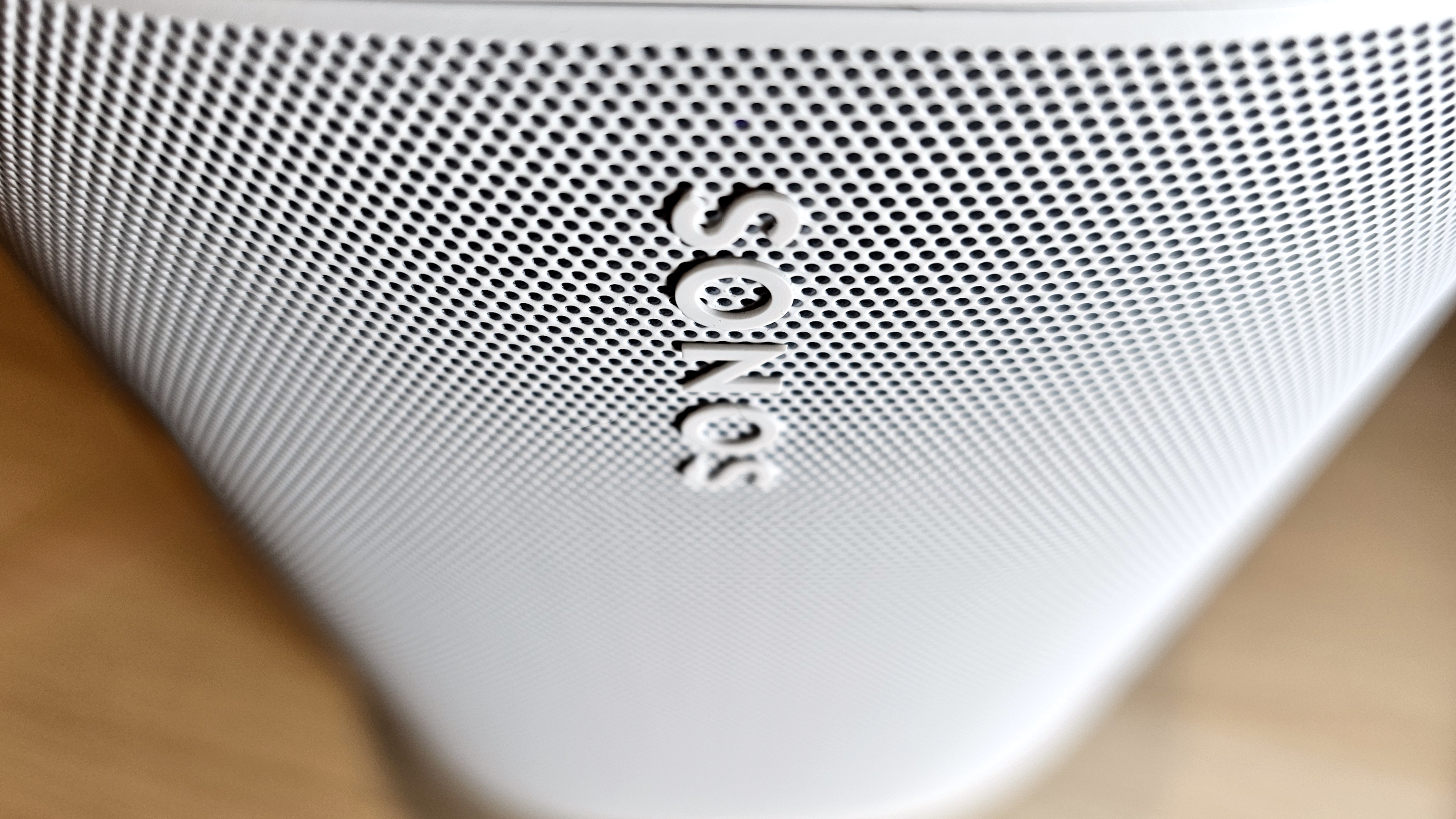
Follow TechRadar on Google News and add us as a preferred source to get our expert news, reviews, and opinion in your feeds. Make sure to click the Follow button!
And of course you can also follow TechRadar on TikTok for news, reviews, unboxings in video form, and get regular updates from us on WhatsApp too.

The best Bluetooth speakers for all budgets





